Cappella Mariana - Praga Magna (2014)
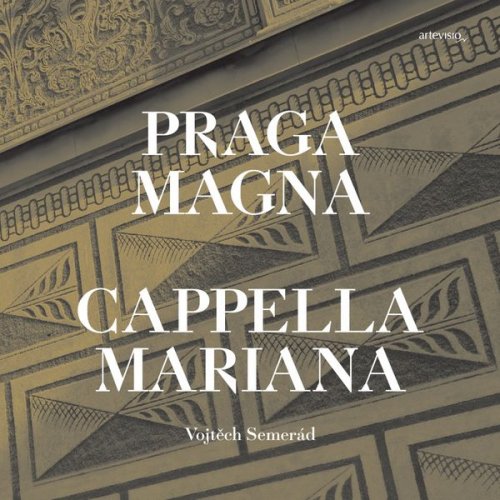
Artist: Cappella Mariana
Title: Praga Magna
Year Of Release: 2014
Label: Supraphon
Genre: Classical
Quality: FLAC (tracks)
Total Time: 59:38
Total Size: 285 Mb
WebSite: Album Preview
Tracklist:Title: Praga Magna
Year Of Release: 2014
Label: Supraphon
Genre: Classical
Quality: FLAC (tracks)
Total Time: 59:38
Total Size: 285 Mb
WebSite: Album Preview
01. Intradae V (00:02:28)
02. Confitebor tibi Domine (00:03:25)
03. Missa super Confitebor tibi Domine: I. Kyrie (00:03:25)
04. Missa super Confitebor tibi Domine: II. Gloria (00:05:03)
05. Langue a´ll vostro languir (00:02:38)
06. Missa super Confitebor tibi Domine: III. Credo (00:08:50)
07. Canzona II a 4 (00:04:03)
08. Missa super Confitebor tibi Domine: IV. Sanctus (00:01:45)
09. Missa super Confitebor tibi Domine: V. Benedictus (00:02:01)
10. Gia fu chi m´hebbe cara (00:08:31)
11. Missa super Confitebor tibi Domine: VI. Agnus Dei (00:04:55)
12. Veni dilecta mi (00:04:15)
13. Litaniae Deiparae Mariae Virginis (00:08:19)
Total length: 00:59:38
Label: Artevisio s.r.o.
Performers:
Cappella Mariana
Towards the end of the 16th century, Emperor Rudolf II moved the Habsburg capital from Vienna to Prague. The arts-loving monarch invited to his court the finest contemporary artists, thus turning the provincial city into a culture centre of Renaissance Europe and affording it a lustre comparable with that of royal residences in France and Spain. The Emperor also brought to Prague his musicians. The Rudolfine orchestra performed various duties – in addition to fulfilling the task of representing the court at ceremonies, it was also encharged with attending to liturgical music. The core of this recording is the Missa Confitebor tibi Domine for eight voices by the Rudolfine Kapellmeister Philippe de Monte (1521–1603), the last of the great creators of Franco-Flemish polyphony. The album affords the listener a unique insight into the musical world surrounding Rudolf II, a world as beautiful and refined as the Emperor’s extensive collection of paintings, sculptures and other artefacts. The young vocal ensemble Cappella Mariana present a repertoire typical of their focus discovering and performing lesser-known Renaissance polyphonic pieces, often giving their modern time premieres. The vocal parts are delivered by Hana Blažíková, Barbora Sojková, Tomáš Král and other renowned singers.
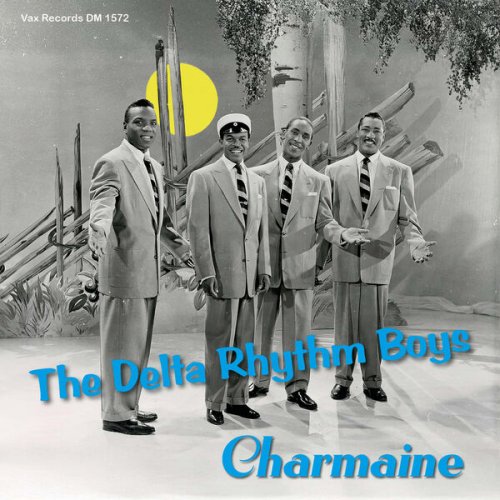


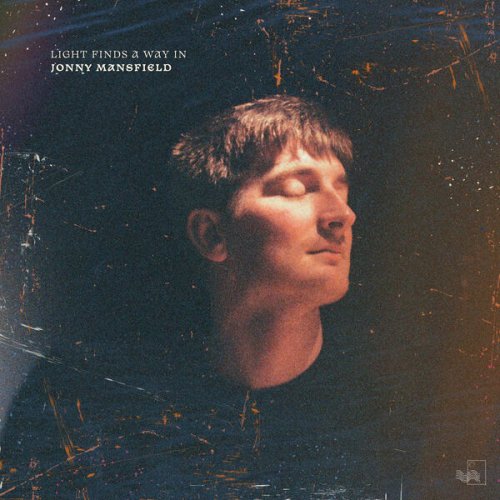

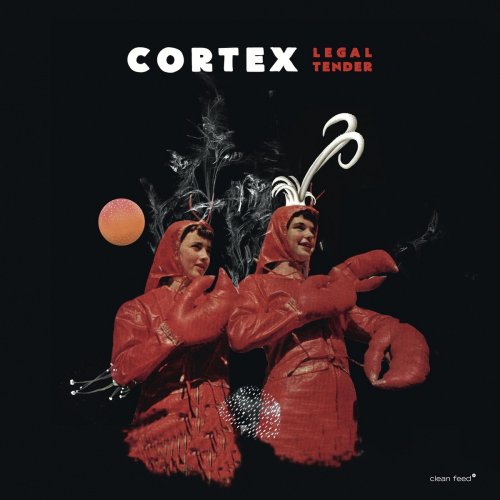
![Jamaican Jazz Orchestra - Rain Walk (2019) [Hi-Res] Jamaican Jazz Orchestra - Rain Walk (2019) [Hi-Res]](https://img.israbox.com/img/2025-12/21/snzv0mdiaf2dg21tiqrm87jaq.jpg)
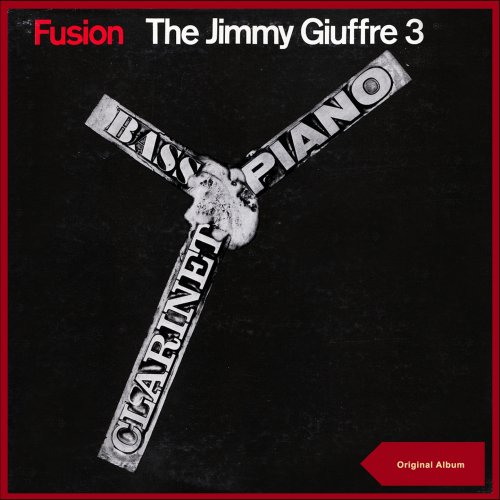
![Santi Vega - Un Instante Infinito (2025) [Hi-Res] Santi Vega - Un Instante Infinito (2025) [Hi-Res]](https://img.israbox.com/img/2025-12/19/xkxaonr6q5o8ydwyf3z1c8tp5.jpg)